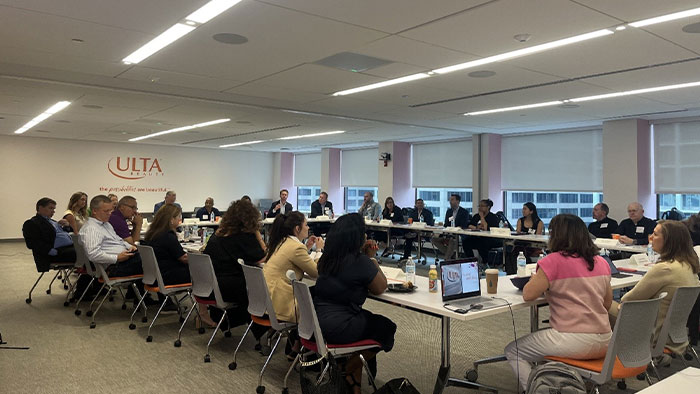American Workers Deserve Better from NLRB
- By [ Evan Armstrong ]
- 06/10/2022
American workers have the right to unionize – this is without question. When employees want to unionize, they can and do follow the process and vote to form a union, many times with the consent of an employer. However, there are situations where there is strong debate among employees and between the union and the employer. In these cases, employees must determine based on the information available what is in their best interest. This is core to our American ideals.

American systems were established to be adversarial because when two sides of an argument or story are presented, an audience, group, jurors, or voters can make the best-informed decision possible. For the most part, our labor relations system is the same. Organized labor leaders make arguments to convince workers to join a union while employers make counter arguments. Ultimately, workers get to make a fair and informed choice that is hugely impactful to their lives, livelihoods, and families.
Labor bosses and their new allies on the National Labor Relations Board (NLRB) would like to demolish this sensible system in favor of one that tilts the playing field to the side of unions. This tilt harms workers by severely limiting a worker’s right to hear balanced information about whether or not to join a union.
Recently, the National Labor Relations Board (NLRB) General Counsel announced the NLRB will issue charges asserting employers are violating federal law if they conduct informational meetings with their employees to discuss unionization.
Overturning an established precedent is a rather brazen move from an unelected public official who should be acting as a referee – not the coach for one team.
The GC’s pejorative characterization of these meetings as “a license to coerce” is as false as it is dangerous. These collaborative employer-employee meetings are very similar to meetings that employers routinely schedule during employees paid working time. These can include meetings about employee benefits as well as anti-discrimination and harassment training. Employees are no more “captive” in these meetings than they are in any other workplace setting. And in fact, employees want the information.
Section 8(c) of the National Labor Relations Act protects an employer's right to express views, arguments, and opinions, so long as “such expressions contain no threats of reprisal or force or promises of benefits” and the U.S. Supreme Court has recognized that Section 8(c) allows for “uninhibited, robust, and wide-open debate in labor disputes.” Compare this to the fact that there are no restrictions on the promises a union can offer in the lead up to an election. Organizers can promise anything knowing that there is little, if any, repercussion from the NRLB or if the union fails to deliver on their promises.
The Board’s decision to muzzle employers will have a serious chilling effect on the ability to offer employees information or offer an alternative to the grandiose promises from union organizers. Unfortunately, this is yet another example of the Big Labor’s attempt to alter the rules to make up for decades of union membership losses.
If the NLRB follows the advice of the General Counsel, workers will no longer be able to make informed choices through a fair and balanced system – rather it will be a one-sided and biased presentation from organizers who use potentially false promises, threats, and coercion to convince individuals to sign up for a union and begin paying dues. That’s a rather raw deal to serve to America’s workers.
Evan Armstrong is the vice president of workforce policy at the Retail Industry Leaders Association.
Tags
-
Labor and NLRB


